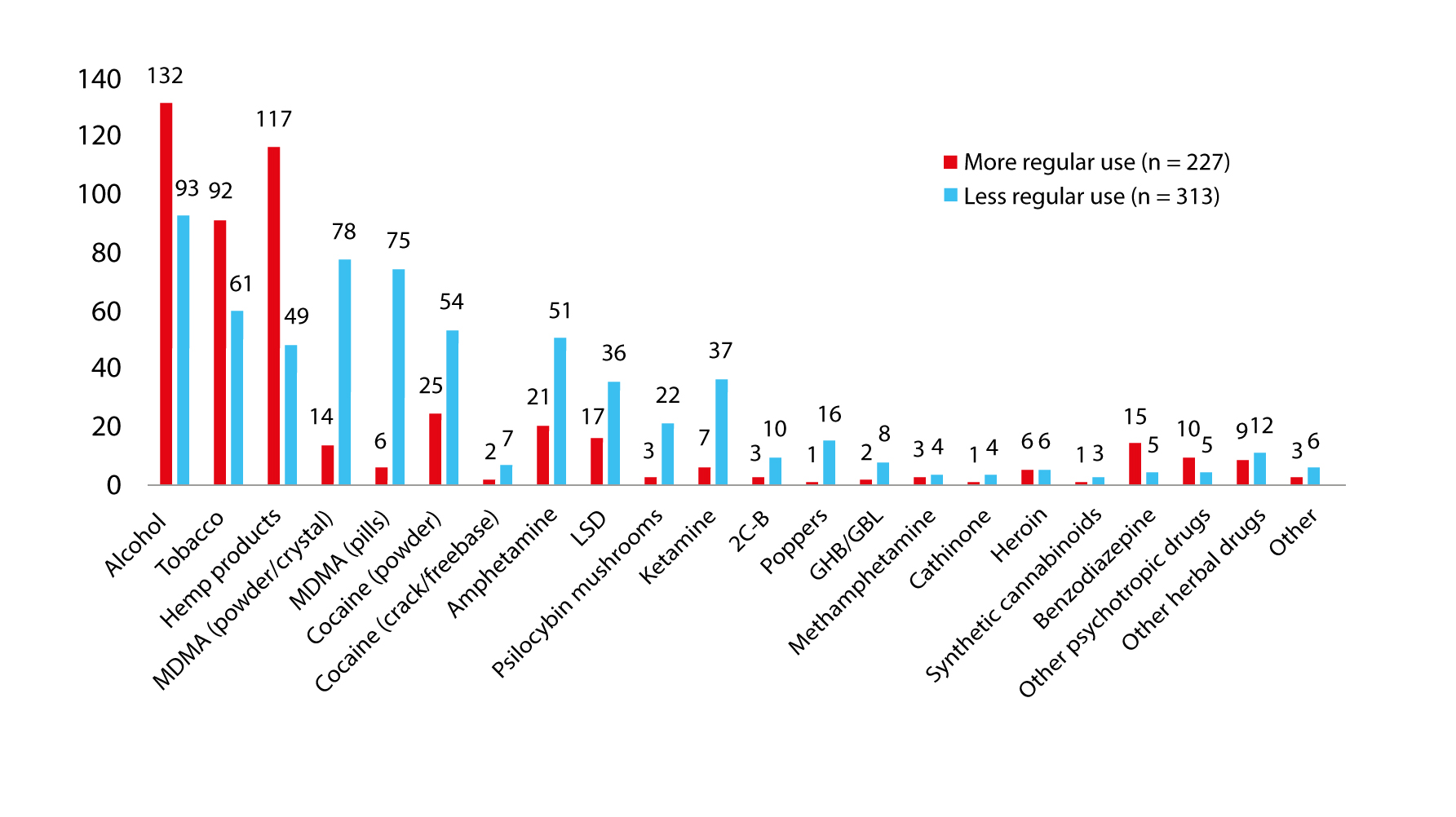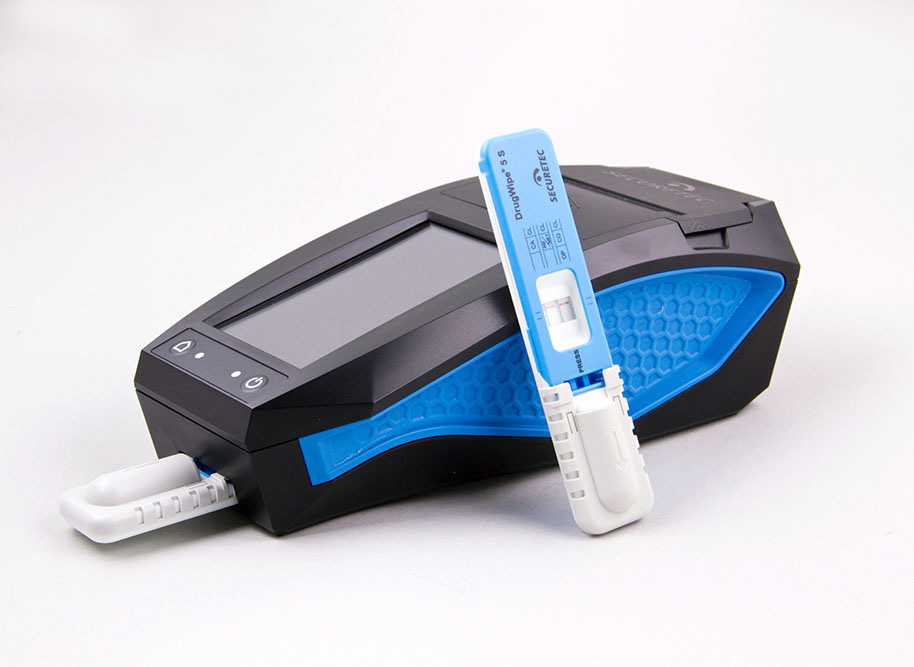
Surprisingly flexible
Amongst the many impacts of the coronavirus pandemic are those on the global drugs trade and consumption behaviour. Many experts were surprised at the speed and flexibility with which both users and dealers adapted to the new situation.
After the first three months, various studies showed a distinct slump in the drug trade and drug-related activity. Lockdowns and tougher policing combined to make street dealing more difficult. Drug-related crime was disrupted as opportunities for small-time robbery and pickpocketing almost vanished. For many, money to buy drugs became scarce. From the sellers’ perspective, the illegal trade was hit hard by tight border controls and general travel restrictions.
The response to these changed conditions was quick to be seen. The biggest change was in the smuggling routes. Drug producers increasingly switched, successfully, to cargo vessels. Popular hiding places were, and are, medical products and toiletries.

The chart shows changes in drug use in Switzerland since the outbreak of COVID-19. Experienced users consumed alcohol, tobacco and hemp products more frequently, while stimulants such as MDMA or cocaine were used less often. The figures were reported by Infodrog, the Swiss Office for the Coordination of Addiction Facilities, in Bern.
Street trade was increasingly replaced by the dark net and so-called “dead drops”, secret stashes where dealers hide drugs and customers pick them up. Even before the coronavirus, it was clear that the drug trade was increasingly turning to service activities, for example deliveries. This type of selling also saw an upturn. It also makes use of conventional channels such as postal and courier services.
Around the world, a number of studies show a sharp increase in cannabis consumption. A Canadian study1 revealed a 20% increase in use, while the consumption of experienced users in Switzerland more than doubled. In
France, 19% of users were even smoking in the mornings2. Relatively easier buying and low prices were both playing their role in this. In contrast, there was a large drop-off in stimulants such as cocaine and amphetamines, as clubs and other opportunities to party where it is common to use and deal in these drugs closed down and stayed closed.
Reduced quality creates more risks
Restricted international transport options led to another problem. There is a shortage of raw materials for manufacturing drugs. For consumers, both the switch to lesser quality substitutes and drug adulteration pose new
health risks.
There is no doubt that exceptional circumstances such as lockdowns make people worry much more – about their future, finances and family. As a result, there is increased abuse of all types of drugs and medications. Having to stay at home and boredom also lead to an increase in drug use. Many of the respondents said that they were using more drugs simply because the opportunity was there.
Border closures and lockdowns have not been accompanied by a reduction in drug use and drug smuggling. The scene is creative.
DrugWipe® – mobile saliva and surface tests for reliably detecting drugs on the roads and at customs. We would be happy to provide you with detailed information.
References:
1 Self-isolation: A significant contributor to cannabis use during the COVID-19 pandemic; S. J. Bartel, BA, S. B. Sherry, Phd & S. H. Stewart, Phd; Pages 409-412 | Published online: 12 Oct 2020;
https://doi.org/10.1080/08897077.2020.1823550
2 https://www.ofdt.fr/BDD/publications/docs/eisxab2ac.pdf
3 Expert warns drug-driving ‘could soon exceed’ drink-driving, BBC.com, 20.06.2020
4 Record Drug Driving Arrests, Essex Police UK, News May 2020
5 Motorist ‘out for drive’ stopped for possible Covid-19 breach is then arrested over drug driving, www.leicestermercury.co.uk, 11.01.2021
Impact of COVID-19 on drug markets, drug use, drug-related harms and responses in south European Neighbourhood Policy area; EMCDDA trendspotter briefing December 2020
Impact of COVID-19 on patterns of drug use and drug-related harms in Europe; EMCDDA trendspotter briefing June 2020



